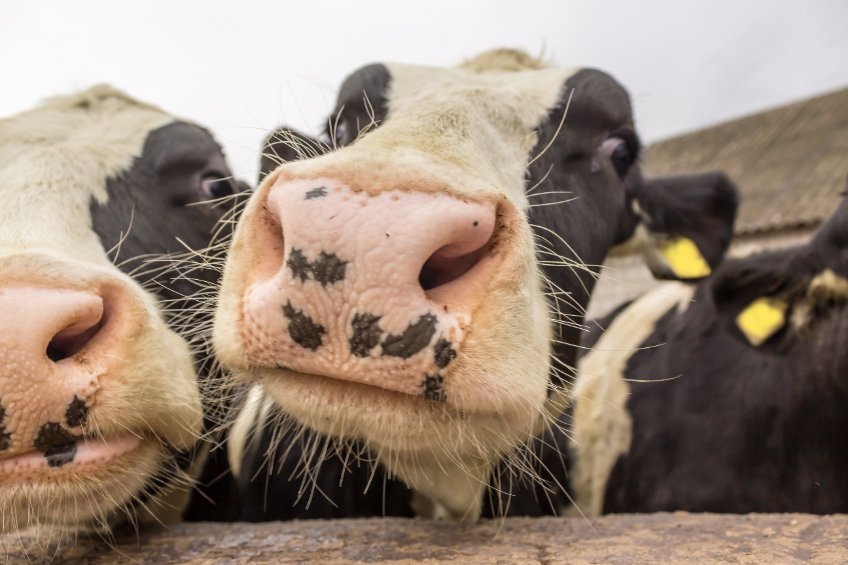
Arla has launched a climate roadmap showcasing how its 2,100 UK dairy producers will help the cooperative become entirely net zero by 2050.
Specifically, the roadmap lays out how Arla will deliver against its 2030 climate targets by taking action to reduce emissions across its entire value chain, such as farms, production sites and logistics.
The co-op says its scope one and two emissions reduction target is consistent with changes needed to keep global warming to 1.5 degrees – the most ambitious goal of the Paris Agreement.
These are among the first dairy industry climate targets to be verified by the Science Based Targets Initiative (SBTi) and require the co-operative to reduce emissions by 63%, against a 2015 baseline.
The report shows that Arla also aims to reduce scope three emissions by 30% per kg of milk and whey by the same date, also against a 2015 baseline.
Arla is the first UK dairy cooperative, and one of 59 food processors globally, to meet this standard. It has an aim to reach net zero across its entire business by 2050.
On farm, Arla's dairy farmers will make a range of changes to reduce emissions, including across feed production, protein levels in a cow’s diet, cow health and contentment, as well as fertiliser use.
One example is how farmers are managing their cows’ diets. Working with specialist dairy dieticians, they have calculated that by refining a cow’s diet to include precisely 16% of protein can not only produce the optimum volume and quality of milk, but also avoid excess emissions.
By managing a cow’s diet with this level of precision, dairy producers have the potential to reduce on-farm emissions by 8% towards the 2030 target.
Ben Wood, senior sustainability manager for Arla UK said: “Dairy has a defining decade ahead. The demand for dairy is growing around the world and we have a growing population to feed.
"But we must face into the challenges of reducing emissions to create a healthy planet alongside healthy people," he explained.
“Milk is among the most nutritious, natural and accessible products on the shelves today, and our climate roadmap is another step on our long term journey to producing it in the best possible way for the planet.”
Arla’s emissions come from five key areas: farming, which accounts for 83% of emissions, production (4%), packaging (2%), logistics and transport (2%), and other areas (9%) with significant improvements already having been made against a 2015 baseline.
During the last seven years alone, Arla UK has reduced emissions by 14% on farm (per kg of raw milk), by 24% across production, by 25% in transport and logistics, and by 18% in the packaging process.
